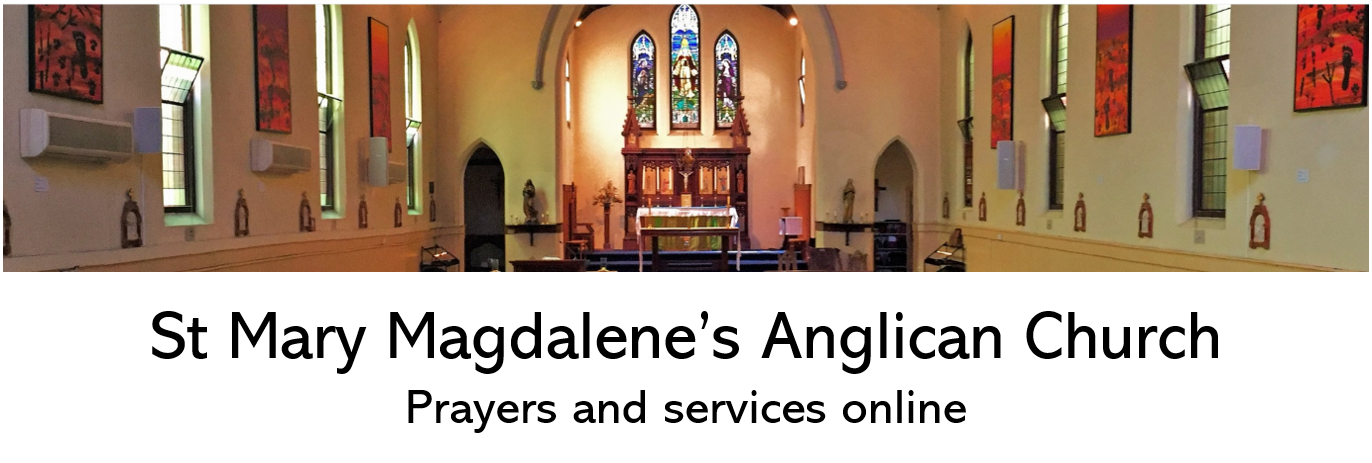Following our extensive series Practise Resurrection that Fr Philip Carter offered for the Lent and the Easter Seasons, we return to complete the series on Becoming a Human Being.
You will find the earlier posts in this series at the following links.
Becoming a human being
Fostering a climate where communion takes place
Jesus: God’s way of being open to the world, humanity’s way of being open to God
Jesus: the imagination of God
Jesus: the body language of God
I cannot be me without you,
and we cannot be us without them.

“The other is not the obstacle in the way of my coming-to-be, but is what makes the coming-to-be possible”. The other speaks of the generosity “which wants to distract me from my self-absorption in too small an identity”
James Alison
The other calls out from me the open arms of embrace, where I create “a space within myself for the other to come in….[and make] a movement out of myself so as to enter the space created by the other”.
Miroslav Volf
Image: Hand candles, Paul Benney
Take time to reflect on the web of relationships in your life. With some, it is easy to see the “gift” for you, and the “invitation” they offer you. But with others, it is more problematical.
Find the courage to look clearly at people in your life you don’t like, or don’t get on with.
Can you discover some common theme about these people- and the way they affect you?
Perhaps you don’t like being ignored, or rejected, or diminished?
Perhaps you resent being controlled or manipulated?
So instead of seeing such people as “obstacles”-
perhaps you could ask how they might “gift” you
and what it is they “invite” you to become.
Reflecting on “the other” offers us an opportunity to consider the “other” in myself- the one I reject, the outcast, the one I despise or who embarrasses or shames me. Jesus always invites us into reconciliation which is the “defeat of otherness”. Can you begin to embrace the “other” in you?
Jesus asks us to wake up to the “gift” of the stranger, the outsider- and even the enemy. “Love your enemies” is a bold invitation- asking of us courage and insight, offering us freedom (from prejudice and a hard heart) and promising hope and peace for our world.



Our soul is united to him who is unchangeable goodness, and between him and our soul there is need neither for anger nor forgiveness in his sight. For the soul is completely united to God by his own goodness, and nothing whatever can come between God and the soul.
Julian of Norwich 46
The best prayer is to rest in the goodness of God, and to let that goodness reach right down to our lowest depth of need.
Julian of Norwich 6
God of your goodness give me yourself, for you are sufficient for me. I cannot properly ask for anything less, to be worthy of you. If I were to ask less, I should always be in want. In you alone do I have all.
Julian of Norwich 5
The images in this post are of paintings by Paul Benney, and American artist and musician who has worked in the US and the UK, admired for his work as a portrait artist. The image at the top of the post is Speaking in Tongues, that was displayed in a 16th century church in Venice during the biennale in 2017.
‘While a secular work, it draws on the story of the Pentecost in the New Testament, in which the twelve apostles encounter the Holy Spirit and then begin ‘speaking in tongues’. Modifying and updating this, Benney has painted twelve contemporaries of various ethnicities and religious backgrounds, with the aim of capturing a collective state of spiritual awakening.’
Speaking in Tongues | Paul Benney (veniceartfactory.org)
And to continue the exploration of music based on Julian of Norwich’s words, ‘All will be well’, here is a conversation between singer songwriter Meg Barnhouse and Julian of Norwich.
For a printable PDF of the text of this meditation please click on the link below.




